Opinion Pieces
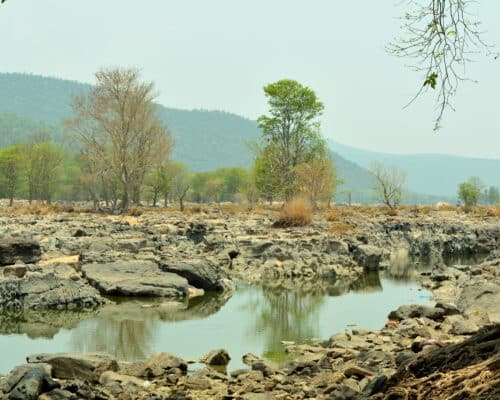
India’s Water Crisis Ahead of 1.5 Degree Warming World: A Portent of Disaster to Come [Op-Ed]
Addressing the ramifications of the crisis and the necessity for a comprehensive strategy for India’s water resource management is crucial for a scorching summer ahead. Can political parties make this an election agenda?
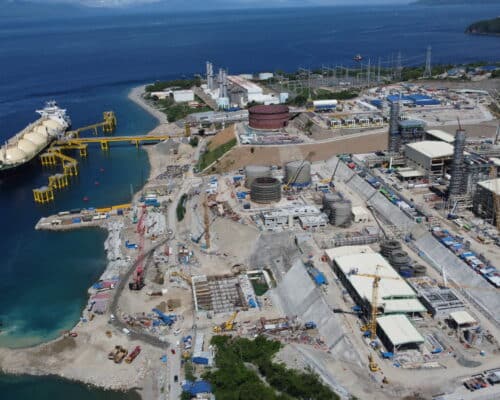
In a Warming World, the Philippines is Giving Far Too Warm a Welcome for Gas [Op-Ed]
Despite the grave socio-economic and climate impacts, the US and Japan are notorious champions of LNG. Will President Marcos' meeting with Japanese Prime Minister Kishida and US President Biden give a genuine outcome for renewables, or is this another parade of gas as bridge fuel deception?

Women’s Empowerment Can Be the Catalyst to Drive Asia-Pacific’s Energy Transition [Op-Ed]
The Asia Director at the Global Wind Energy Council shares how the emerging wind industry brings opportunities for women to be empowered to helm the clean energy transition. She calls for recognising women's representation in the energy transition as a necessary first step in creating gender equality in the sector.

Empowering Women to Front the Energy Transition in Asia
Vibhuti Garg, the South Asia Director at the Institute for Energy Economics and Financial Analysis (IEEFA), shares her views on a gender-inclusive clean energy sector and how women can be empowered to be at the forefront of India's energy transition.
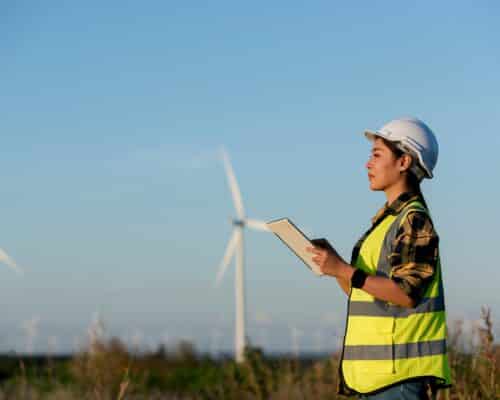
Empowering Women in the Energy Transition: A Catalyst for Change
Helen Jia, who leads the Asia Research Engagement (ARE) team in China, shares her thoughts on how women can find success and satisfaction and lead in the field of energy transition.
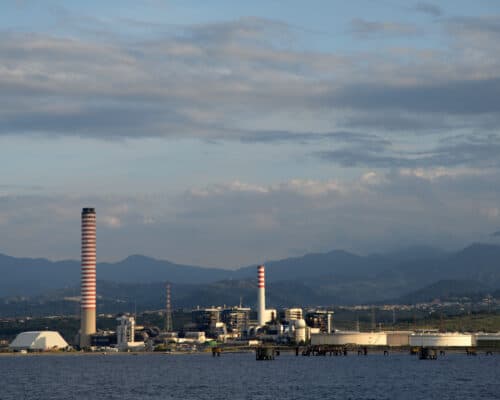
LNG’s Carbon Quandary is a Call for Reassessment in the Energy Transition [Op-Ed]
At COP28, the pivotal language to steer away from fossil fuels and achieve net zero by 2050 is a historic step on the right path. However, the communique also features a step backwards in acknowledging a role for transitional fuels in facilitating the energy transition and ensuring energy security. This calls for a reassessment of public and private sector policies to align with global net-zero objectives.
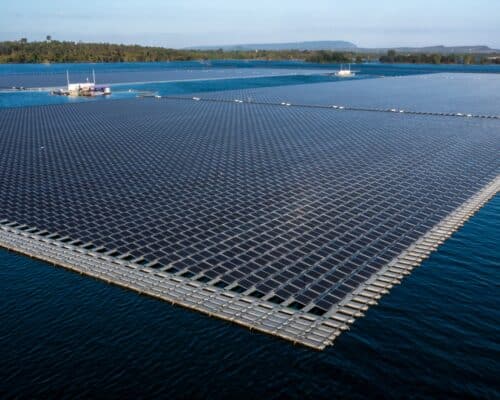
Asian Countries Take Advantage of Floating Solar Power Plant
Land acquisition has often become a problem for renewable energy developers in Asian countries. Due to a huge population and growing energy needs, renewable energy acceleration plans have faced the need for land for housing and food availability. Therefore, Indonesia built floating solar power plants (PLTS) to overcome this issue.
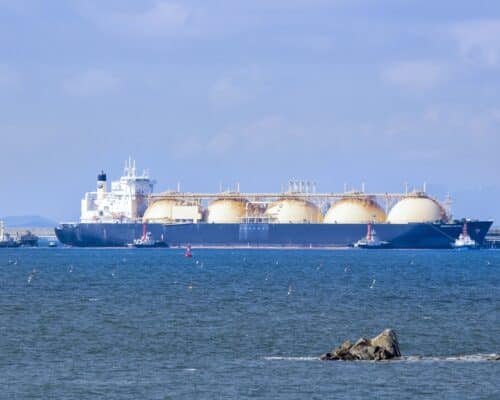
Lessons from COP28: South Korea’s Energy Transition Pledges Will Reduce the Need for LNG Investments
A recent report by the Institute for Energy Economics and Financial Analysis (IEEFA) found that the country is overinvesting in LNG infrastructure despite having among the lowest utilisation rates in the world for regasification terminals. This could impede South Korea's swift transition to more affordable and domestically sourced renewable energy.

Op-Ed: Analysis of the Vietnam JETP Resource Mobilisation Plan
Vietnam’s Just Energy Partnership Resource Mobilisation Plan (JETP-RMP) was completed and presented at COP28. However, coal continues to play a significant role in the country's energy mix in the RMP despite its aim to reduce emissions.
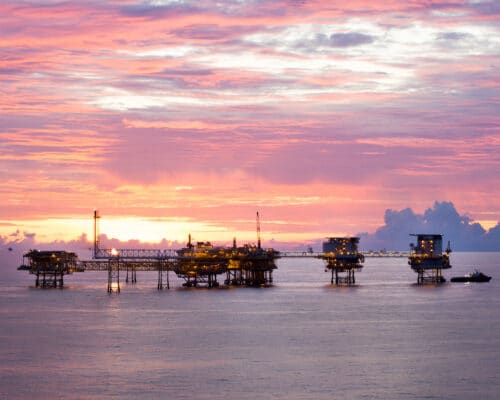
Op-Ed: Southeast Asia at a Climate Crossroads – Will 1.5°C Be the Road Not Taken?
Southeast Asia (SEA) is a region at a crossroads. The challenge of reshaping Southeast Asia’s power is at hand. It can be won by communities, civil society, and all within and without Southeast Asia rallying behind the fight for 1.5°C at COP 28 and beyond.
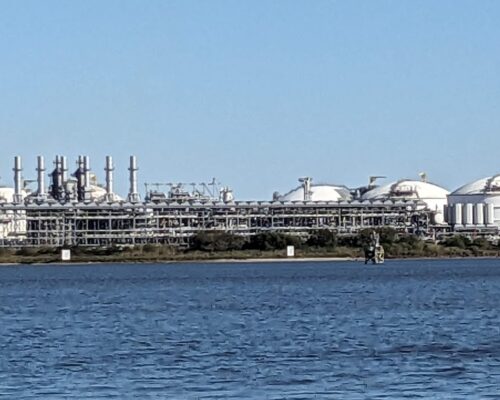
Op-Ed: Gulf Coast Communities Speak Out Against Japanese-backed LNG Development
The Japanese government announced plans with South Korea to develop a joint ammonia/hydrogen supply network supported by public finance. Co-firing of ammonia at coal power plants and hydrogen at gas plants would prolong the use of fossil fuels and delay the transition to renewable energy in Asia, and communities bear the brunt of the suffering.
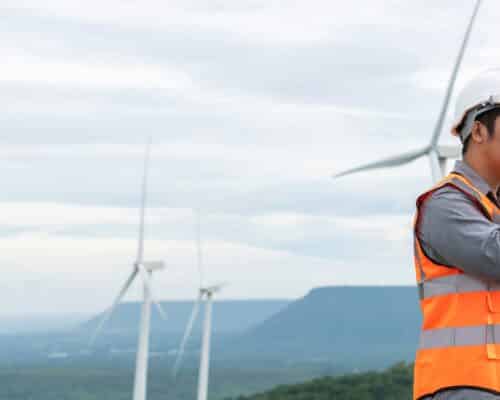
Op-Ed: Implementing Indonesia’s JETP Plan Requires Prioritisation, Processes and Transparency
Indonesia recently released its Comprehensive Investment and Policy Plan (CIPP), which aims to codify its JETP-related green transition policy and investment needs in one place. The CIPP is a significant step in detailing the country’s decarbonisation goals and path to achievement. Yet, examining its contents objectively and identifying necessary actions to guarantee decarbonisation and economic prosperity is important.
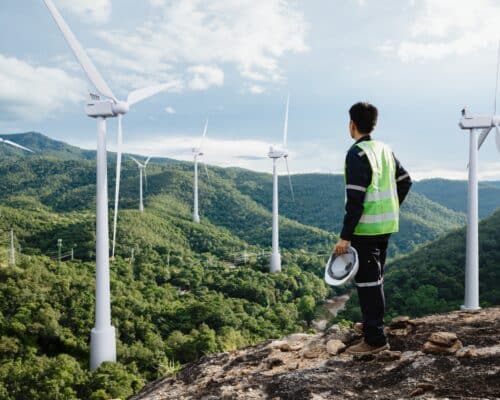
Op-Ed: Seizing Green Job Opportunities Through Climate Policy and Education Transformation
Since the Paris Agreement at COP 21, the World Economic Forum stated that the increasing number of green jobs has not been followed by increased human resource capacity that can keep up with emerging new jobs in the green sector. With Indonesia's upcoming elections set to take place in 2024, will politicians try to win the votes of young voters with a more robust framework for green jobs?
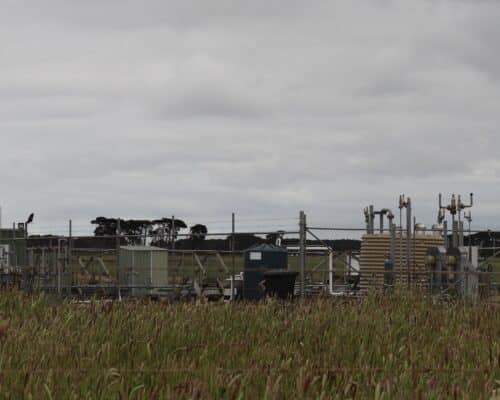
Australia’s CCS Expansion Poses More Risks
Australia is encouraging oil and gas companies to create CCS ventures; they are also paying them to do so with the issue of Australian carbon credit units (ACCUs) under the Emissions Reduction Fund (ERF) backed by the Australian government. The addition of CCS will lead to a net increase in GHG emissions, putting the world at risk of failing to meet CO2 reduction targets consistent with the Paris Climate Agreement’s aim of keeping the rise in global average temperatures to 1.5°C.
Most Popular
Categories
-
9
-
33
-
126
-
4
-
17
-
43
-
52
-
11
-
10
-
15
-
24
-
6
-
6
-
247
-
195
-
13
-
23
-
1
-
1
-
23
-
38
-
41
-
84
-
18
-
81
-
41
-
17
-
10
-
40
-
43
-
86
-
284
-
21
-
39
-
35
-
10
-
41
-
36

